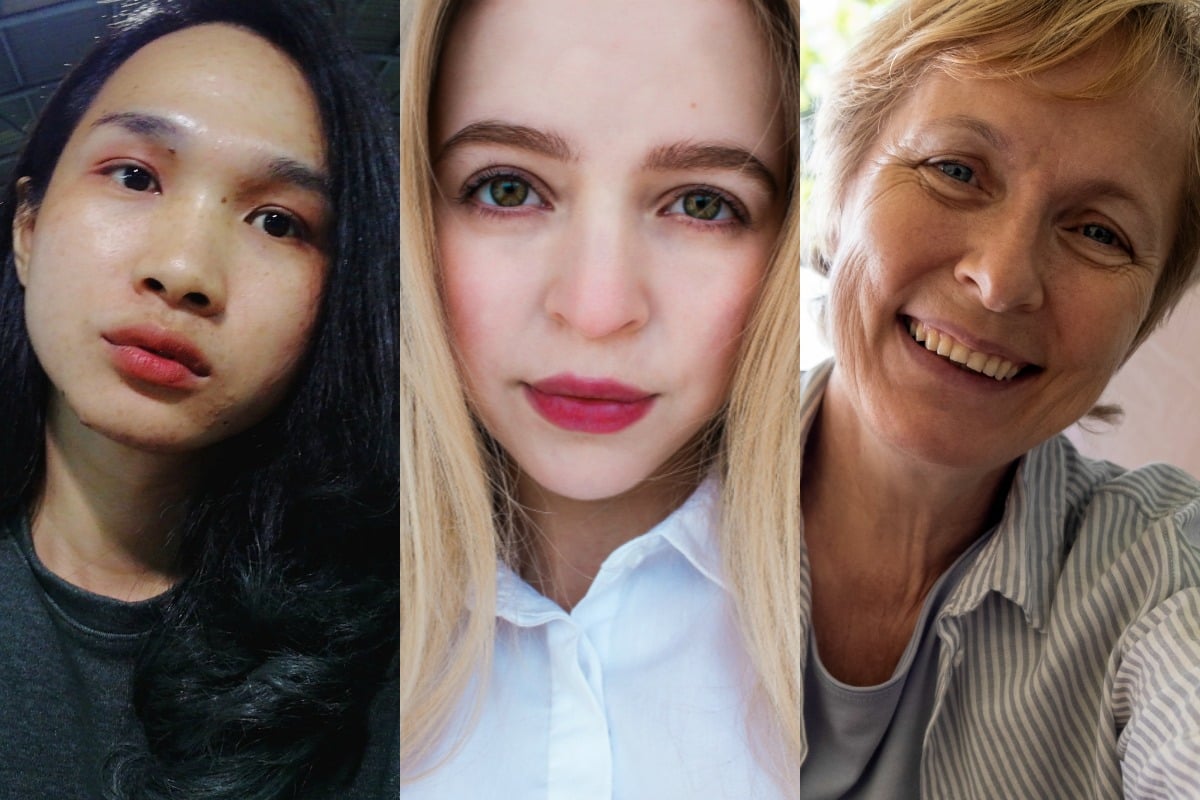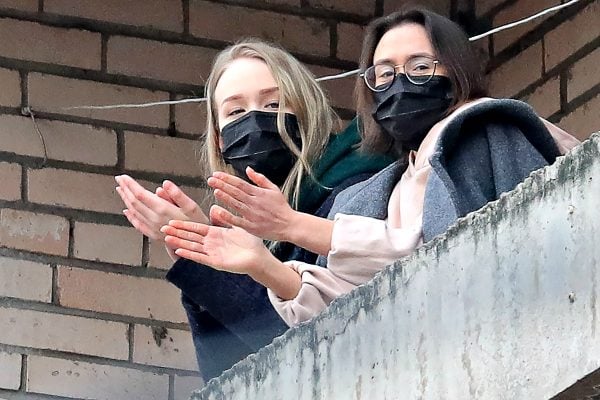
On Thursday morning, the World Health Organisation declared the global coronavirus crisis a pandemic.
In a press conference in Geneva, WHO Chief Tedros Adhanom Ghebreyesus expressed alarm about mounting infections and slow government responses.
“All countries can still change the course of this pandemic. If countries detect, test, treat, isolate, trace and mobilise their people in the response,” he said.
“We are deeply concerned by the alarming levels of spread and severity and by the alarming levels of inaction.”
As the virus has been upgraded to a pandemic, workplaces across Australia have begun making plans for the worst-case scenario, with some companies already vacating their offices in favour of working from home.
While many businesses, like Google, have the ability to work remotely in the case of a further outbreak, there are thousands of industries and business that simply don’t have the same luxury.
Here’s exactly how to protect yourself from COVID-19. Post continues below.


Top Comments
Oh poor Rose - she wouldn't be able to save and every dollar would have to be watched and only spent on necessities. This is the reality for a lot of Australians 24/7.
I didn’t see this as a competition on who is worse off - but an article highlighting how people are impacted. Just because she isn’t as struggling as much as others doesn’t mean she hasn’t been negatively impact.